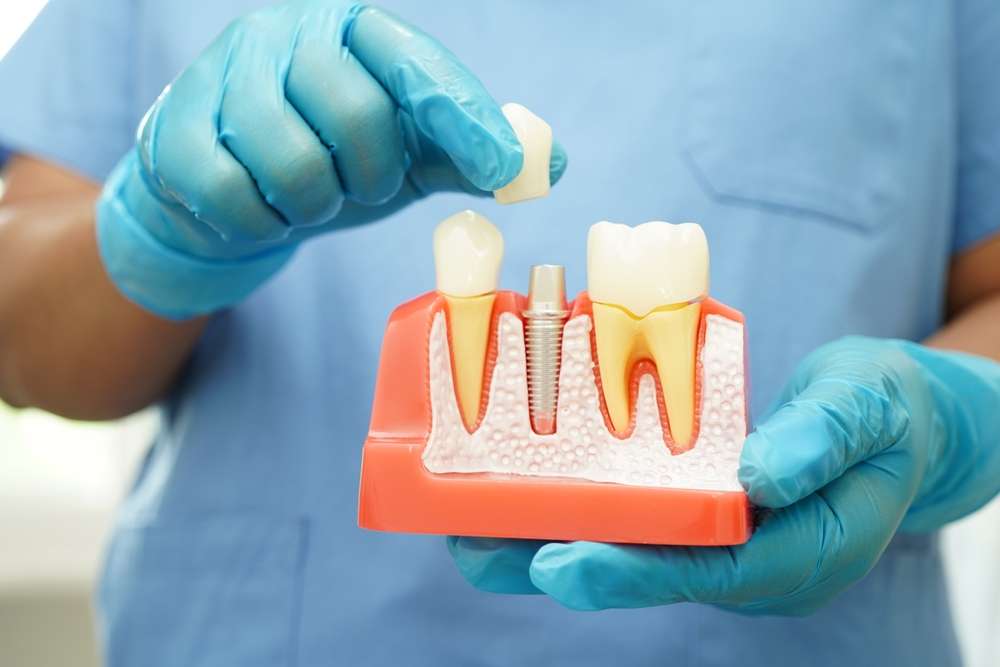Best supplements for men 50+ in the United States (2025): a practical guide to bone, hormone and immune support
Fact: After age 50, nutrient absorption often declines, which can affect bone, hormone and immune health. This guide helps men in the United States evaluate seven supplement options and the key nutrients to prioritize in 2025. You’ll learn what to test, which forms to prefer and how to use supplements safely alongside medical care.

As men age, their nutritional needs evolve significantly. The body’s ability to absorb certain vitamins and minerals decreases, while the demand for specific nutrients increases due to hormonal changes and age-related health concerns. This shift makes strategic supplementation particularly relevant for men entering their sixth decade and beyond.
Why targeted supplementation matters for men 50+
The aging process brings several physiological changes that affect nutritional status. Testosterone levels naturally decline by approximately 1% per year after age 30, accelerating after 50. This hormonal shift impacts muscle mass, bone density, energy levels, and overall vitality. Simultaneously, the digestive system becomes less efficient at absorbing nutrients like vitamin B12, calcium, and magnesium.
Men over 50 also face increased risks for cardiovascular disease, osteoporosis, and immune system decline. These health challenges create specific nutritional demands that a standard diet may not adequately address, even with careful meal planning and healthy food choices.
Seven supplement options to evaluate in 2025 (what to consider)
Vitamin D3 stands out as one of the most important supplements for men over 50. Many adults have insufficient vitamin D levels, particularly those living in northern climates or spending limited time outdoors. Adequate vitamin D supports bone health, immune function, and may help maintain healthy testosterone levels.
Omega-3 fatty acids from fish oil provide anti-inflammatory benefits and support cardiovascular health. These essential fats become increasingly important as men age and face higher risks of heart disease. Quality matters significantly with omega-3 supplements, as purity and concentration vary widely between products.
Magnesium supports over 300 enzymatic reactions in the body and plays crucial roles in bone health, muscle function, and sleep quality. Many men consume insufficient magnesium through diet alone, making supplementation beneficial for overall health maintenance.
Zinc supports immune function, wound healing, and testosterone production. However, dosing requires careful consideration, as excessive zinc intake can interfere with copper absorption and cause adverse effects.
Vitamin B12 becomes increasingly important with age, as stomach acid production decreases and affects B12 absorption from food sources. This vitamin supports nerve function, energy production, and red blood cell formation.
Coenzyme Q10 (CoQ10) levels naturally decline with age, and this antioxidant supports cellular energy production and cardiovascular health. Men taking statin medications may particularly benefit from CoQ10 supplementation.
Probiotics support digestive health and immune function, both of which can decline with age. A healthy gut microbiome contributes to overall wellness and may influence inflammation levels throughout the body.
Key nutrients to prioritize and practical testing
Before beginning any supplement regimen, men should consider baseline testing to identify specific deficiencies. Common tests include vitamin D levels, B12 status, and comprehensive metabolic panels that reveal mineral deficiencies.
Calcium requirements increase with age, but supplementation should be balanced with magnesium and vitamin K2 for optimal bone health. Taking calcium alone may not provide the intended benefits and could potentially increase cardiovascular risks if not properly balanced.
Vitamin K2 works synergistically with vitamin D and calcium to direct calcium into bones rather than soft tissues. This nutrient is often overlooked but plays a crucial role in bone and cardiovascular health.
Testing allows for personalized supplementation rather than a one-size-fits-all approach. Men with specific health conditions, medications, or dietary restrictions may have unique nutritional needs that require professional guidance.
Hormones, erectile function and supplements — what to know
Age-related hormonal changes significantly impact men’s health and quality of life. While testosterone replacement therapy requires medical supervision, certain nutrients may support healthy hormone production naturally.
Vitamin D, zinc, and magnesium all play roles in testosterone production and overall hormonal health. However, supplements alone cannot reverse significant hormonal decline, and men experiencing symptoms should consult healthcare providers for comprehensive evaluation.
Erectile function often correlates with overall cardiovascular health, making heart-healthy nutrients particularly relevant. Omega-3 fatty acids, CoQ10, and antioxidants support vascular health, which directly impacts erectile function.
L-arginine and L-citrulline are amino acids that support nitric oxide production, potentially benefiting vascular health and erectile function. However, men taking medications for blood pressure or heart conditions should consult healthcare providers before using these supplements.
| Supplement Category | Example Products | Monthly Cost Estimation |
|---|---|---|
| Vitamin D3 (2000-4000 IU) | Nature Made, Nordic Naturals | $8-15 |
| Omega-3 Fish Oil | Carlson, Thorne | $20-40 |
| Magnesium Complex | Doctor’s Best, Life Extension | $12-25 |
| Multivitamin for Men 50+ | Rainbow Light, Garden of Life | $25-45 |
| Probiotic Formula | Culturelle, Align | $30-50 |
Prices, rates, or cost estimates mentioned in this article are based on the latest available information but may change over time. Independent research is advised before making financial decisions.
Quality varies significantly among supplement manufacturers, making third-party testing and certification important considerations. Look for products that have been tested by organizations like NSF International, USP, or ConsumerLab for purity and potency verification.
Timing and dosing matter significantly with supplements. Fat-soluble vitamins like D3 and K2 should be taken with meals containing healthy fats for optimal absorption. Some supplements may interact with medications or other supplements, requiring careful scheduling throughout the day.
Men over 50 should view supplementation as one component of a comprehensive health strategy that includes regular exercise, stress management, adequate sleep, and routine medical care. Supplements can fill nutritional gaps but cannot replace healthy lifestyle habits or appropriate medical treatment when needed.
This article is for informational purposes only and should not be considered medical advice. Please consult a qualified healthcare professional for personalized guidance and treatment.




